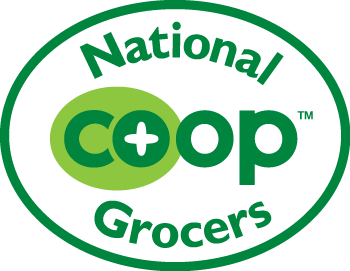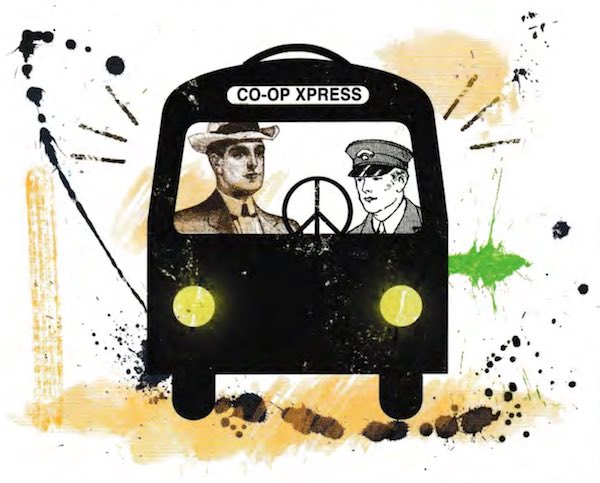Writing Ends Policies
Where we are headed matters. If we don’t know where we are going any road will do. A primary responsibility of a board is to define the reason for the organization’s existence. What are we here for? What should be different because we exist? For whom? For a board that uses Policy Governance®, Ends are written policies which define a) results, outcomes or benefits [...]
Who’s Driving the Bus? Bringing cooperation inside the store walls
By Carolee Colter, Jeanie Wells 162 September-October 2012 As we go about our work of assessing organizational structures and conducting employee surveys in food co-ops, we frequently encounter an ongoing struggle between the marketing department (or lone marketing staff person) and the heads of the sales departments. Comments we’ve heard from marketing staff: The departments just don’t seem to understand that I’m trying to [...]
Cooperation and the Transformation of Society
By Rose Marie Klee 162 September-October 2012 Wheatsville Co-op, established in 1976, has become a mainstay of the local business scene in Austin, Texas. Through our first decades, we were initially focused on survival and on cultivating our community of members; and over the past decade, we have grown our relationship with the national food co-op community. Connecting through CCMA (Consumer Cooperative Management Association) [...]
New in the Library: De-Mystifying Ends
By Michael Healy and Nina Johnson Accountability is a key ingredient in a healthy democratically controlled cooperative, and clearly crafted policy is a first step in a robust accountability system. This is especially true with the policy that articulates the co-op’s purpose, the Ends policy. What role do Ends policies play within the Policy Governance model? How can a board write Ends policies that [...]






